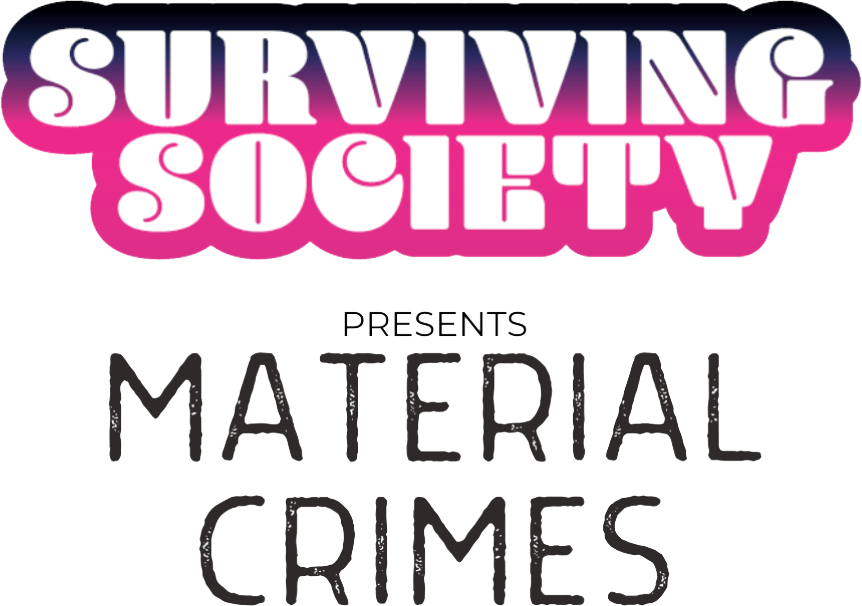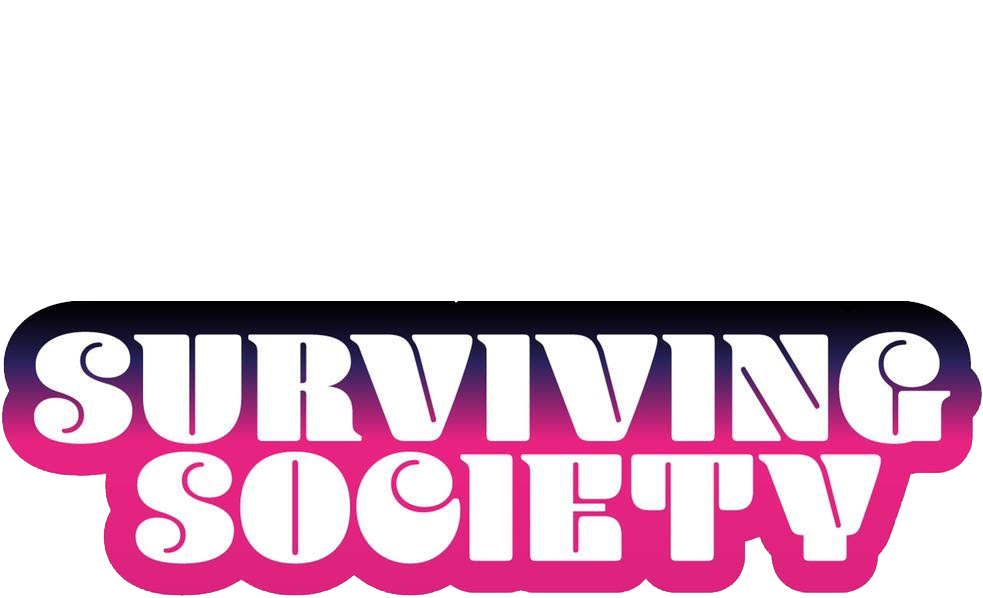A Train to Nowhere

When Israel’s HaEmek railway reopened in 2016, it served only nine stations and stopped 4km shy of the Jordanian border. Far from more spectacular sites of violence, the train’s inauguration fell below most people’s radar. In this week’s episode, Sharri Plonski tells the story of this “train to nowhere” - of its colonial history, how its logistical future would rewrite the map of the Middle East, and how increased Israeli mobility entails increased Palestinian fragmentation and containment. But, as we’ll hear, as ever Palestinians are powerfully resisting efforts to make their lives unliveable.
On the trail of this train, Sharri speaks with Palestinian academics and activists Yara Hawari, Omar Jabary-Salamanca, and Hanna Swaid; as well as Laleh Khalili, Manu Karuka, and Katy Fox-Hoddess. Talking to them, she learns that, though logistical infrastructures are vehicles of state or corporate power, they also make possible forms of international solidarity with the Palestinian struggle for freedom. They also tell her that to fully understand Israel’s normalisation project it is essential to look at these less visible, but no less violent, material crimes.
On the trail of this train, Sharri speaks with Palestinian academics and activists Yara Hawari, Omar Jabary-Salamanca, and Hanna Swaid; as well as Laleh Khalili, Manu Karuka, and Katy Fox-Hoddess. Talking to them, she learns that, though logistical infrastructures are vehicles of state or corporate power, they also make possible forms of international solidarity with the Palestinian struggle for freedom. They also tell her that to fully understand Israel’s normalisation project it is essential to look at these less visible, but no less violent, material crimes.
Useful Links
Al-Shabaka: The Palestinian Policy Network:
al-shabaka.org
Arab Center for Alternative Planning (AC-AP):
www.ac-ap.org
BDS Movement:
www.bdsmovement.net
Who Profits: The Israeli Occupation Industry:
www.whoprofits.org
al-shabaka.org
Arab Center for Alternative Planning (AC-AP):
www.ac-ap.org
BDS Movement:
www.bdsmovement.net
Who Profits: The Israeli Occupation Industry:
www.whoprofits.org
Further Reading
Rana Barakat, 2021. “Ramadan Does Not Come for Free”: Refusal as New and Ongoing in Palestine. Journal of Palestine Studies, 50(4), p. 90-95.
Deborah Cowen. “Following the Infrastructures of Empire: Notes on Cities, Settler Colonialism, and Method,” Urban Geography, 41:4 (2020), pp. 469-486
Manu Karuka. “Empire's Tracks: Indigenous Nations, Chinese Workers, and the Transcontinental Railroad,” (Berkeley: California University Press, 2019).
Laleh Khalili. “Sinews of War and Trade: Shipping and Capitalism in the Arabian Peninsula,” (London: Verso, 2020).
**Research for this episode was supported by an ESRC New Investigator Grant: “From Walls to Corridors: The Global Logistics of Israel’s HaEmek Railway” (ES/S01439X/1).**
Deborah Cowen. “Following the Infrastructures of Empire: Notes on Cities, Settler Colonialism, and Method,” Urban Geography, 41:4 (2020), pp. 469-486
Manu Karuka. “Empire's Tracks: Indigenous Nations, Chinese Workers, and the Transcontinental Railroad,” (Berkeley: California University Press, 2019).
Laleh Khalili. “Sinews of War and Trade: Shipping and Capitalism in the Arabian Peninsula,” (London: Verso, 2020).
**Research for this episode was supported by an ESRC New Investigator Grant: “From Walls to Corridors: The Global Logistics of Israel’s HaEmek Railway” (ES/S01439X/1).**

Sharri Plonski
is a Senior Lecturer in International Politics at Queen Mary University of London. Her work, which is anchored in the political terrain of Palestine and the Israeli state, focuses on the materiality (and mobility) of colonial relations and the struggles that reveal and challenge them. She has written extensively about anti-colonial movements, settler colonialism, border technologies and the violence of infrastructure, in Palestine and beyond. But at the core, she just loves to tell stories.



